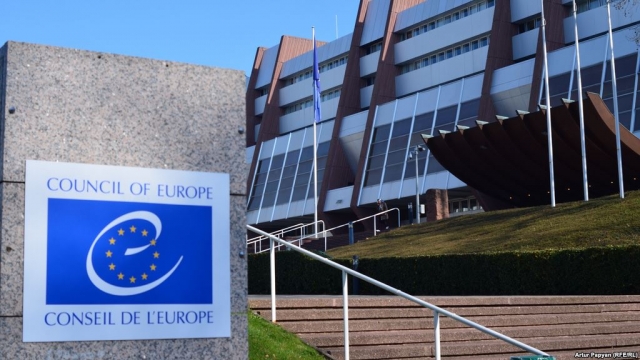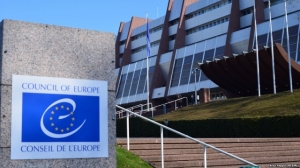Council of Europe: Repression of Minorities Remains on Rise in Georgia
The Council of Europe released a new report regarding human rights in Georgia and emphasized that despite great progress, the marginalisation of national and religious minorities remains on the rise.
The report highlights that over the past five years, Georgia has made progress in protecting national minorities: it adopted new legislation and policies to ensure equality and integration and to combat discrimination, it continued supporting media and cultural activities in minority languages, and promoted the participation of minorities in public life.
However, according to the report despite successful steps carried out by the Government, national minorities remain marginalized, language barriers still exist, the quality of teaching at minority language schools is low and hate speech and religious tensions are on the rise.
“These are key findings of the new opinion by the Council of Europe’s Advisory Committee of the Framework Convention for the Protection of National Minorities (FCNM) that was published today, together with the Georgian Government’s comments,” the report said.
Since the first cycle of monitoring in 2009, the Council of Europe’s committee notes the adoption of a comprehensive strategy and action plan for the civic integration of national minorities, and comprehensive anti discrimination legislation adopted in 2014; a Law on the State Language contains guarantees for the use of minority languages, and amendments to the Criminal Code introduced racial motivation as an aggravating circumstance in respect of any offence.
The committee notes, however, that while education in minority languages (Armenian, Azerbaijani and Russian) is offered in some 300 schools, the quality of teaching at these schools overall remains below average, as adequate standards are yet to be developed and high-quality education materials, in particular with respect to bilingual learning, remain scarce.
While Georgian language skills amongst minority communities have improved, language barriers still exist and impede access to important rights, in particular among older generations. This contributes to a general sense of marginalization of the national minorities’ identities and cultures in public life. Among other issues of concern, the Council of Europe experts noted low awareness in society of the applicable human rights standards, the lack of coherent government policy to promote their effective application and low quality of broadcasting in minority languages. Despite concerted efforts at various levels, the participation of national minorities in public affairs remains disproportionately low, in particular at the central level.
“While inter-ethnic relations are marked generally by good co-operation and dialogue, incidents of inter-faith tension and conflict have become more frequent in a number of regions,” the report notes. “There is an increase in hate speech against religious and national minorities that is often not adequately addressed by law enforcement.”
The very low number of completed investigations and criminal prosecutions of hate crimes, as well as the reported bias demonstrated in favour of the dominant religion, undermines trust in the police and is increasingly resented by persons belonging to national and religious minorities.
Experts warn that the introduction of Orthodox religious practices at schools, often accompanied by intolerant attitudes of teachers and school administration, can result in the alienation and humiliation of students belonging to national minorities with different beliefs. In addition, it is contrary to the legislation which defines the school as a neutral space where religious indoctrination and forced assimilation is forbidden
With regards to Abkhazia and South Ossetia, the Advisory Committee reiterates its call on all parties concerned to take a constructive approach with a view to ensuring the rights of persons belonging to national minorities as an integral part of universally applicable human rights throughout the territory of Georgia.
Georgia signed and ratified the Council of Europe’s Framework Convention for the Protection of National Minorities in December 2005, it entered into force in Georgia in April 2006.
Watch the video about the report here.
Read Georgia Today's article about LGBT rights in Georgia.












